After another week of celebrating all things Maths as part of Scottish Maths Week, it is important to think about what’s been achieved.
First of all, I want to say a huge WELL DONE and THANK YOU to everyone across Falkirk’s ELC community for showing, once again, that you are on a mission! As a community, you are always keen to support our initiatives and with a gentle spark, you really embrace the opportunity to develop memorable experiences for children.
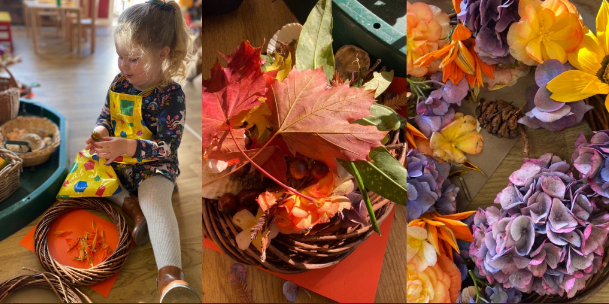 Photo: Courtesy of Sacred Heart ELC Class via Twitter
Photo: Courtesy of Sacred Heart ELC Class via Twitter
What have you learned about the children and and yourselves?
The energy and enthusiasm shown during Maths Week is very special, so we need to make sure that we reflect on what went well and what have we learned. When we know this, we can keep going and keep improving.
This year we asked you to think about where is the Mathematics in Art. In doing so, we wanted to provide you with the opportunity to look closely at children as they play but through the lens of asking: “where’s the Maths?”
Photo: Courtesy of Queen Street ELC Centre via Twitter
In doing this, I am sure you realised that, even over a short window of time, the awesome potential that young children have to think and behave mathematically, appropriate to their developmental stage, of course. You will have, I’m sure, noticed children being highly competent in their knowledge of a broad range of essential foundational mathematical concepts.
In using Art as a context, you’ve also been give a reminder that foundations of Maths is more than numerals and counting. Counting is vitally important and we need to make sure we find lots of natural ways, relevant to children, to support them to recognise numbers and count objects. Absolutely.
“Numeracy is not just about being able to count. It is about developing number sense which encourages creativity of thought and it allows children to interact with the world around them”. Realising the Ambition, page 74
But, let’s not forget that for children to develop reasoning skills, essential for the mathematical brain to develop, we must support a range of other essential concepts: Matching. Sorting. Grouping. Categorising. Time. Pattern. Shape. Measure. Movement.
Photo: Courtesy of Wellside Kingergarten via Twitter
So, what next?
You mustn’t lose what you’ve started.
Now that you know what children are capable of, you must keep looking for the Maths within the rich experiences you are offering to children.
Think: how am I seeing the child thinking and behaving mathematically?
Make sure children get the credit for what they know and can do.
After maths week, I am sure children’s profiles will be full of rich observations with numeracy and mathematics featuring prominently. But, for progress to be maintained, you have to keep looking and noting as children play: What maths am I seeing now? What is new? What is different? What is important? What is surprising?
Support and Guidance
This is a good time to remind you all about the excellent resource from Education Scotland. You can find the materials on the National improvement Hub here.
Please take time to read the Guidance Document first of all. It’s only 8 pages long but it talks specifically about Early Level and the important connections with Realising the Ambition.
The other materials, for each of the key areas of Numeracy and Maths within the curriculum, have an Early Level section. I am delighted to say that there is an explicit and very helpful focus on play pedagogy and in keeping with Realising the Ambition.
You can also take a look on Twitter at the fabulous learning throughout Maths Week in Falkirk by clicking the links below:
#ArtyMathsFalkirk
#ELCArtyMaths
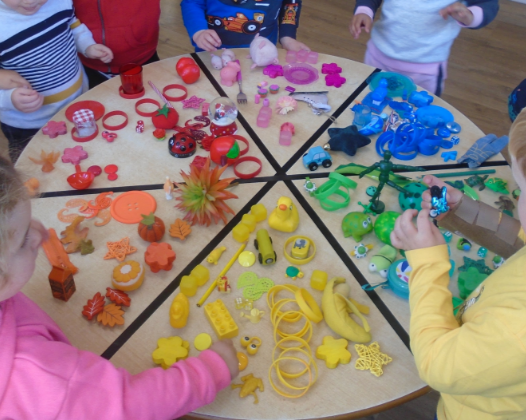
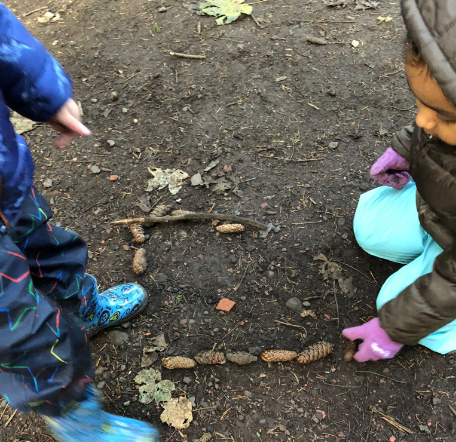
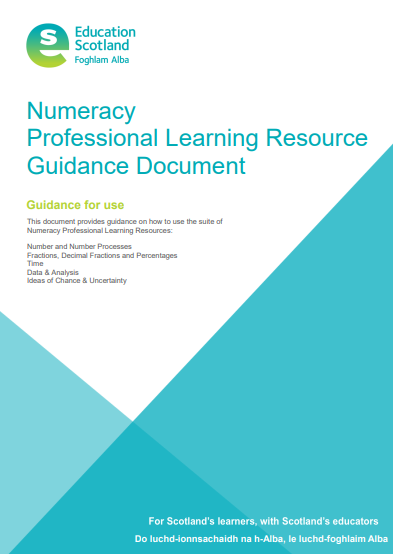
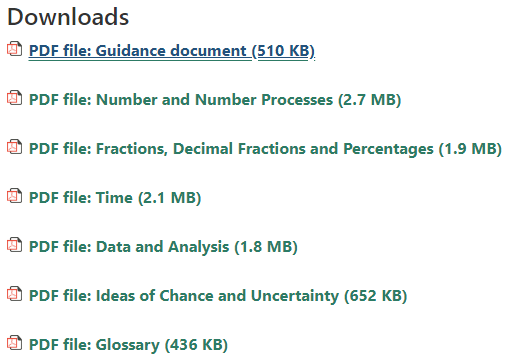
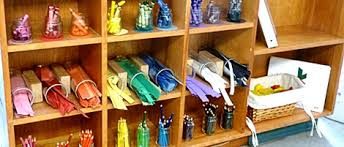


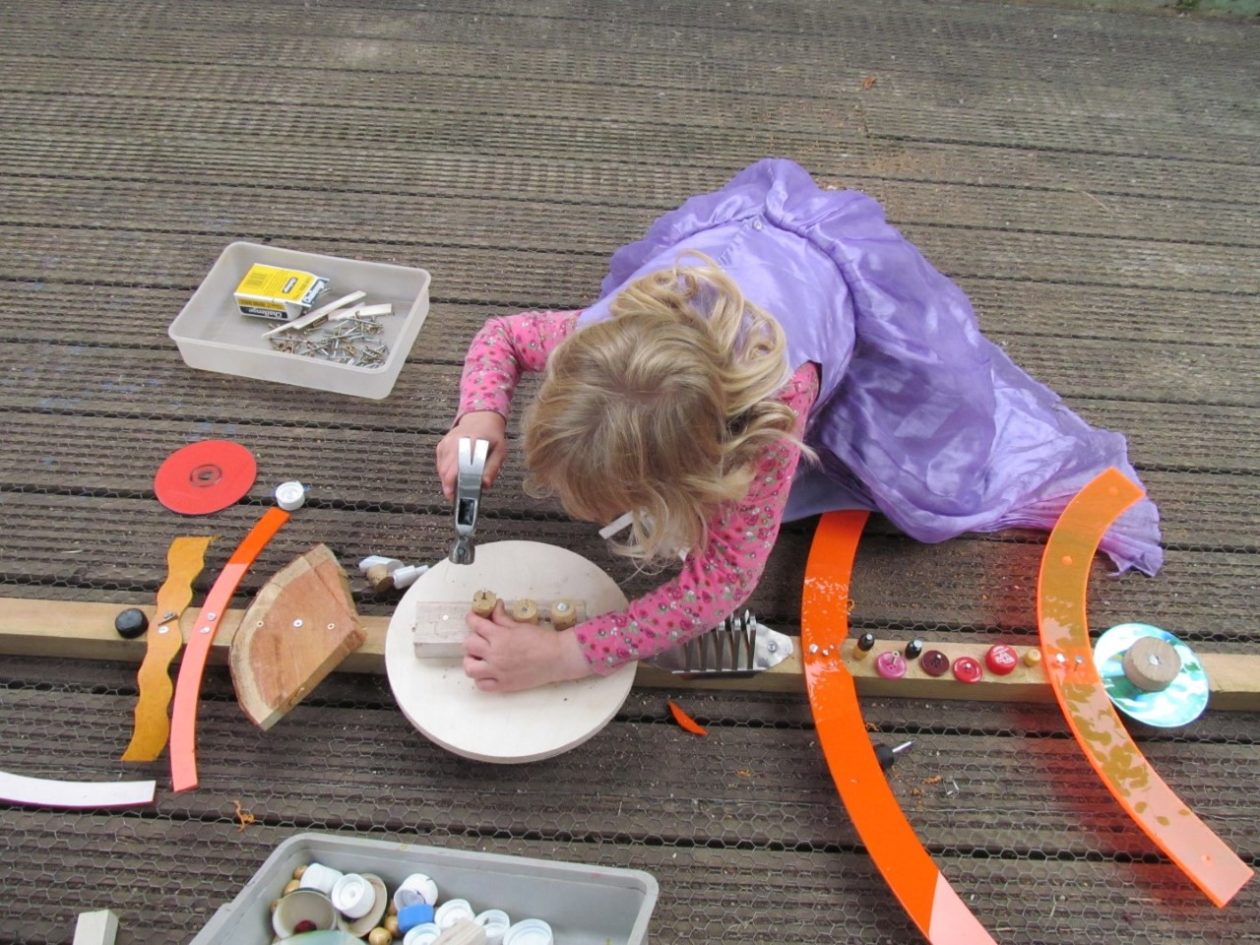








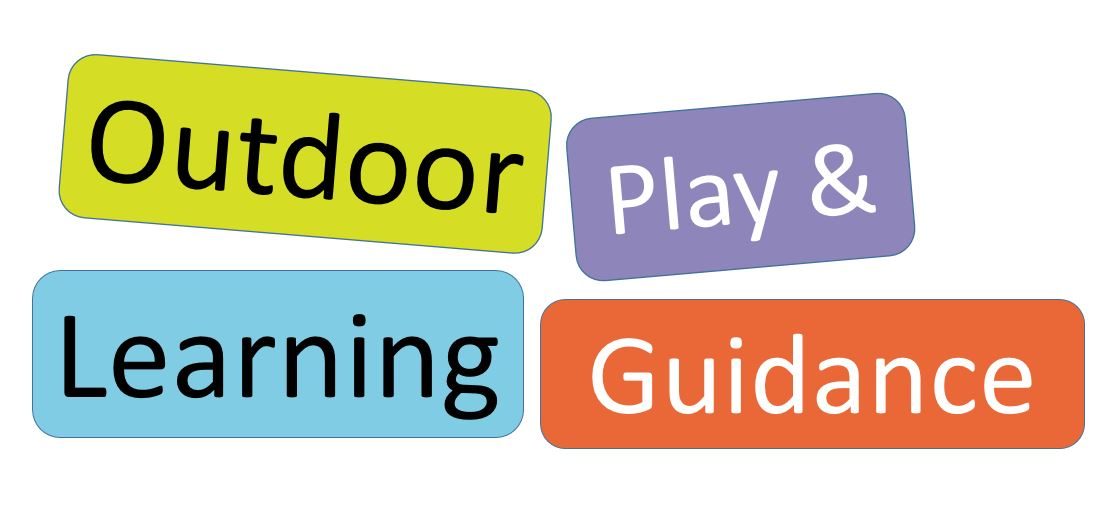 National Guidance to support high quality Outdoor Play and Learning
National Guidance to support high quality Outdoor Play and Learning